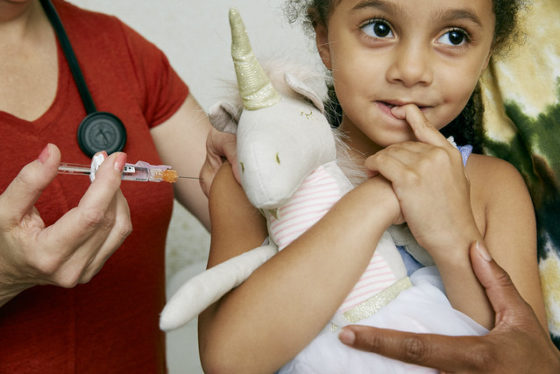Dutch coronavirus vaccination programme hit as Sanofi GSK vaccine faces delays


One of the vaccines ordered by the Netherlands for the mass anti-coronavirus vaccination programme has been found not to work well on older people and now faces delays.
Sanofi and GSK say their joint vaccine is effective on people aged 18 to 49 but is not as good at generating an immune response in people aged 50 and over. The findings, based on two trials, means the development of the vaccine will now be delayed.
The Netherlands has an option for 12 million doses of this vaccine, enough to vaccinate almost 5.8 million people. Delivery had been scheduled for the second half of the year, if the vaccine was proven to be safe.
The Netherlands has vaccines from six different companies on order via the EU, two of which – Pfizer and Moderna – are now undergoing a final assessment by the European Medicines Agency.
The Dutch government hopes to start vaccinating people in early January, and the health ministry has suggested 12 million of the population of 17.4 million could be vaccinated in the first half of the year. The Sanofi GSK set back does not impact on this planning but will have a major effect on vaccination plans for the second half of the year.
The news is not the first blow for the Dutch vaccination programme. On Tuesday, health minister Hugo de Jonge said that the Netherlands will now get 500,000 doses of the Pfizer vaccine in the first quarter of the year, half the original order. In addition, the first vaccines will not be delivered to the Netherlands until early January rather than this month.
He has also suggested that testing capacity may be reduced because of the shortage of trained staff, if they switch to vaccination duties.
Registration
Meanwhile, Dutch pharmacists say the Netherlands must set up a system to register who is given which vaccine – a factor currently missing from the vaccination programme but which they say is essential from a safety perspective.
‘If something goes wrong, we need to be able to see exactly which vaccine someone was given, both the brand and the batch,’ pharmacist Tjalling van der Schors said. ‘You need to know that for a recall.’
The World Health Organisation has agreed that scannable codes should only be placed on each vaccine batch, rather than individual bottles, because of the time pressure on getting the vaccines to market.
Thank you for donating to DutchNews.nl.
We could not provide the Dutch News service, and keep it free of charge, without the generous support of our readers. Your donations allow us to report on issues you tell us matter, and provide you with a summary of the most important Dutch news each day.
Make a donation